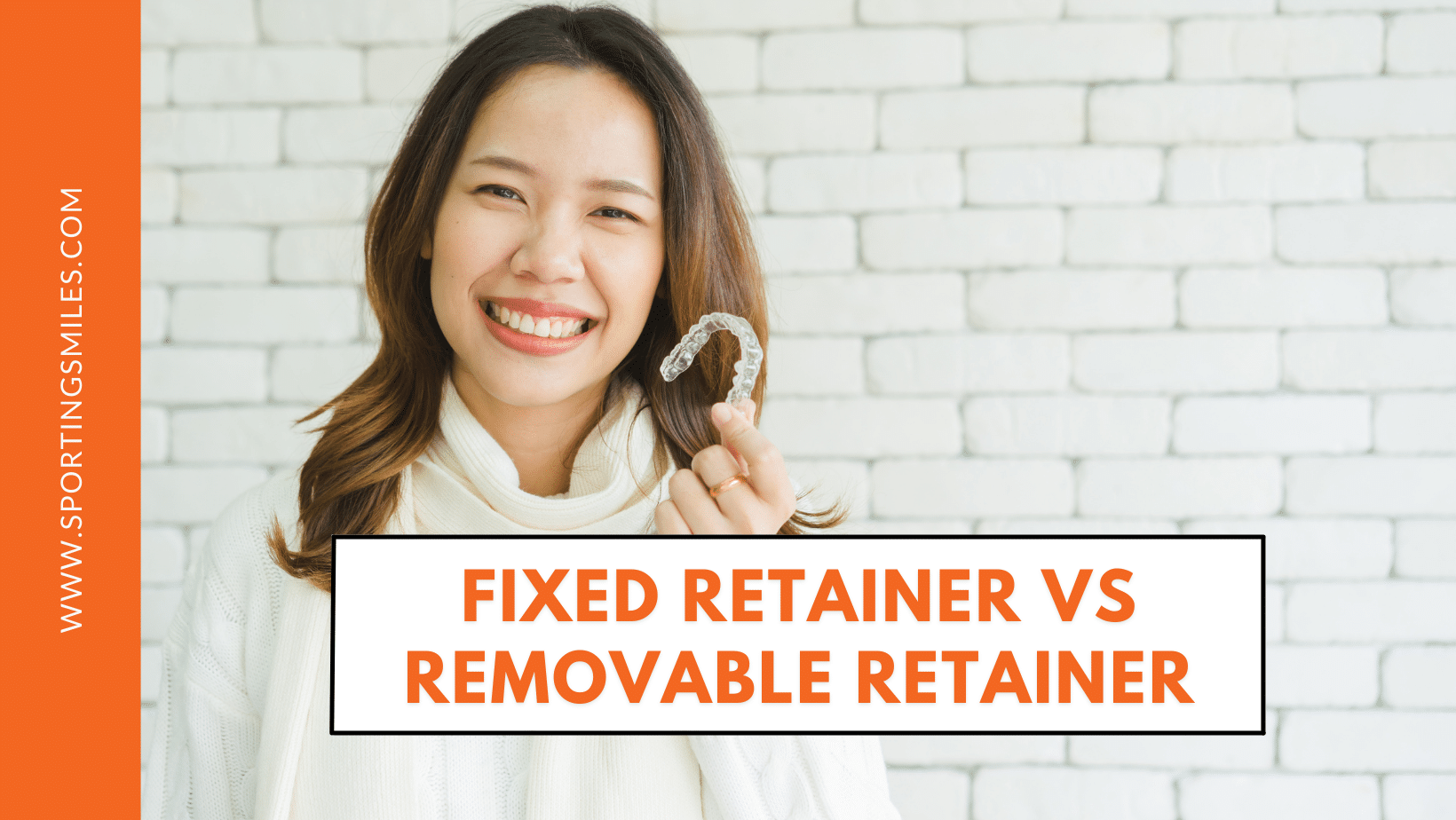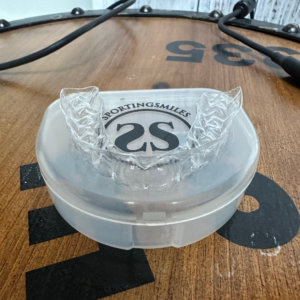
When a poll was given to orthodontists on what kind of retainer they prescribed to their patients, a majority of the orthodontics said they prescribed removable retainers over fixed lingual retainers. The results were closer than you might expect. The majority was 58.2% for removable retainers and about 40% gave fixed lingual retainers. Although the results were close, it does not speak about the pros and cons of each kind of retainer. It does not talk about a fixed retainer vs removable retainer. Ultimately, you have to decide what’s right for you. Is it preference? Is there a reason why orthodontics prescribe more removable retainers over fixed retainers?

Certain retainers are best for people who recently had their braces removed, want their teeth whitened, had a dental procedure, noticed their teeth shifted, or want a nighttime teeth guard.
This is why it’s so important that you figure out what kind of retainer you need if it’s a bottom or top retainer or a fixed or removable retainer. The fixed retainer vs the removable retainer is something you need to know when it comes to durability and comfort, especially if you are going to wear either one for an extended period of time. If you’re on the fence, then here’s everything you need to know about the fixed retainer vs the removable retainer that can give you insight before you make a decision.
It’s important to evaluate the pros and cons of each retainer. By looking at them, you’ll get a better idea of what you need in terms of comfort and durability.
A fixed retainer or a permanent retainer offers the benefit of never misplacing or losing it. You never have to worry about getting a retainer refitted in your mouth because it’s always in your mouth. By keeping your retainer in place, you won’t forget about putting it in place when you are supposed to wear it. And there’s less of a possibility of it cracking or breaking since it is fixed in place. In addition, many fixed retainers are not visible to others. So you don’t have to worry about a wire being seen. Permanent or fixed retainers bond to the back of the teeth, the lingual side.
One of the cons with a fixed retainer is having to keep up with your hygiene. Having a fixed retainer can cause plaque and tartar buildup. And because it is harder to floss, this kind of buildup is more likely than it would be compared to a removable retainer. Another con with fixed retainers the metal wire, which can interfere with the tongue and be highly irritating. This irritation can also bother your gums. The wire on a permanent retainer can also trap food, which can be difficult to remove.
There are a lot of pros and cons with a fixed retainer. But ultimately it’s up to you to decide what you think will be irritating and bothersome. Do you easily forget and lose things? Then the fixed retainer might be the best solution for you. However, if you think the fixed retainer will be too irritating, especially if it’s permanent for a long period of time, then you might want to consider the removable retainer.
Different from the fixed retainer, the removable retainer offers more flexibility in terms of when you can take it out. Removable retainers offer the benefit of protecting your tooth enamel from your teeth grinding. Another benefit is how much easier you can brush and floss your teeth. You also don’t have to worry about irritation in the mouth, like the fixed retainer.
Other benefits involve adding whitening to the removable retainer, which can whiten your teeth in the process. The retainer can also act as a guard for your crowns or other sensitive teeth. Removable retainers don’t always have a wire, which can be annoying and irritating for you. They sometimes are clear and noticeable. This can be an added benefit if you thought removable retainers were all wired.
Replace your lost, cracked, gross, and damaged dental retainers with a new one from SportingSmiles. Prevent your teeth from shifting using the most durable clear retainers available. Take your own impression at home and save hundreds over going to the dentist. Impression kit included. Free Shipping in the United States. Free Storage Case 90-Day Warranty
The cons of the removable retainer include are that it can be lost or misplaced. If it’s misplaced or lost, it can lead to people stepping on it by mistake or it getting chewed up by your dog. The point is, a removable retainer is in your possession. This means you must take care to place it in a safe spot when it is not in your mouth. Removable retainers require care in order to avoid cracking and breaking. Because of their plastic material, they have a higher risk of breaking.

Forgetting to wear your retainer can also shift your teeth back to its original position, which can lead to more orthodontic care for your teeth. Having a removable retainer can be a benefit because it gives you less irritation, but you also have to remember to keep track of it The fixed retainer vs the removable retainer debate ultimately depends on your preference, if you can handle irritation or you would rather have a removable retainer.
The decision to choose a fixed retainer vs removable retainer is based on how your teeth adjust to different retainers. You ultimately have to decide based on your preferences. Which retainer is best for you when it comes to durability and comfort. If you had your teeth recently straightened, had a tooth pulled, maybe you noticed your teeth shifted, or you noticed your teeth grind at night, then finding the right retainer is essential for you.
You can always find retainer options on our site that our clear and provide comfort and durability for your teeth. While you figure out the best decision on which retainer you should get, here’s some additional reading that may help you make a decision.